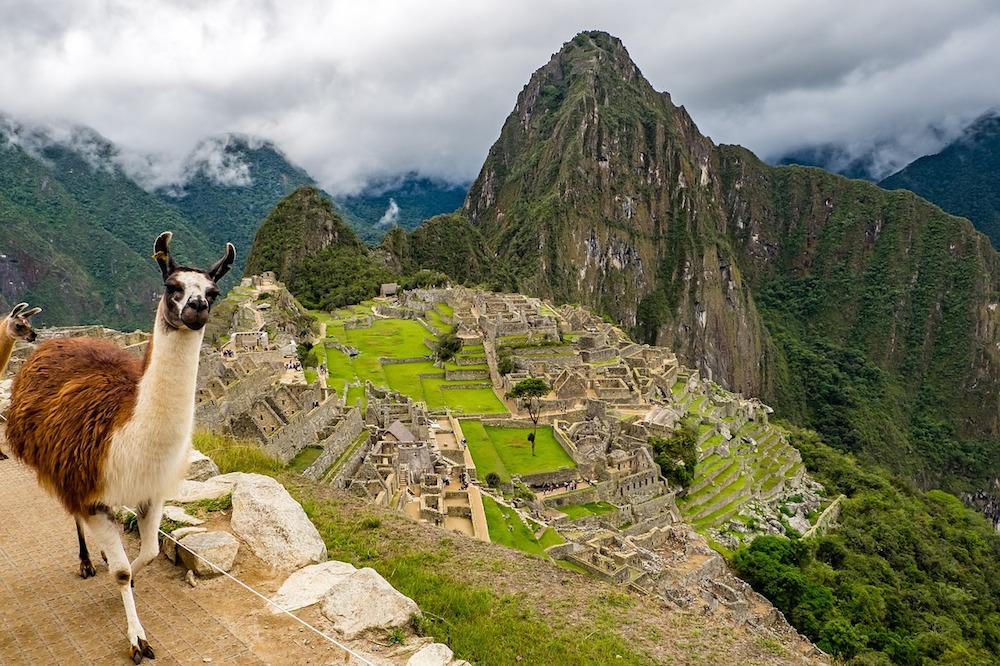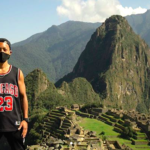
(TAN): Five out of the six tourists accused of damaging Peruvian sacred site Machu Picchu were deported to Bolivia and prohibited from returning to the country for 15 years, reports said.
According to reports, immigration officials said the accused tourists, two Brazilians, an Argentine, a Chilean and a French woman, were given “the maximum punishment with expulsion and a ban on entry for a period of 15 years”.
[ALSO READ: What UAE’s new visa policy will mean for its visitors and economy]
Of the five deported tourists, three were men and two women, aged between 20 and 32, reports said. They were reportedly dropped off at the Bolivian town of Desaguadero, on the shores of Lake Titicaca.
The sixth individual, Nahuel Gomez, 28, from Argentina, faced a charge of committing a crime against Peru’s cultural heritage and was barred from leaving the town of Machu Picchu, as per reports. He faces a trial that could reportedly put him behind bars for four years.
He admitted to damaging the Temple of the Sun at the ancient Inca site – he confessed to causing a stone slab fall from a temple wall, which left a crack in the floor, reports said. While awaiting trial, he must reportedly sign in at a local court every ten days.
[ALSO READ: Singer Akon to establish “sustainable tourist village” Akon City in Senegal]
The six tourists were arrested earlier this month after being suspected of defecating in a sacred temple at Machu Picchu, one of the seven wonders of the modern world, as per reports. They were reportedly found in the Temple of the Sun, parts of which cannot be visited by tourists for conservation reasons.
Built in the 15th century by the Inca Pachacutec, Machu Picchu is located in the province of Urubamba, 70 miles northeast of the city of Cusco. The UNESCO World Heritage Site is also one of Peru’s most popular tourist attractions, which had to introduce ticketing in 2017, after swelling visitor numbers reportedly drove UNESCO to consider putting the site on its list of world heritage sites in danger.
Last year, Machu Picchu started timed-entry slots to better control crowd of tourists.




